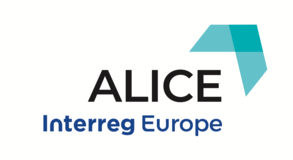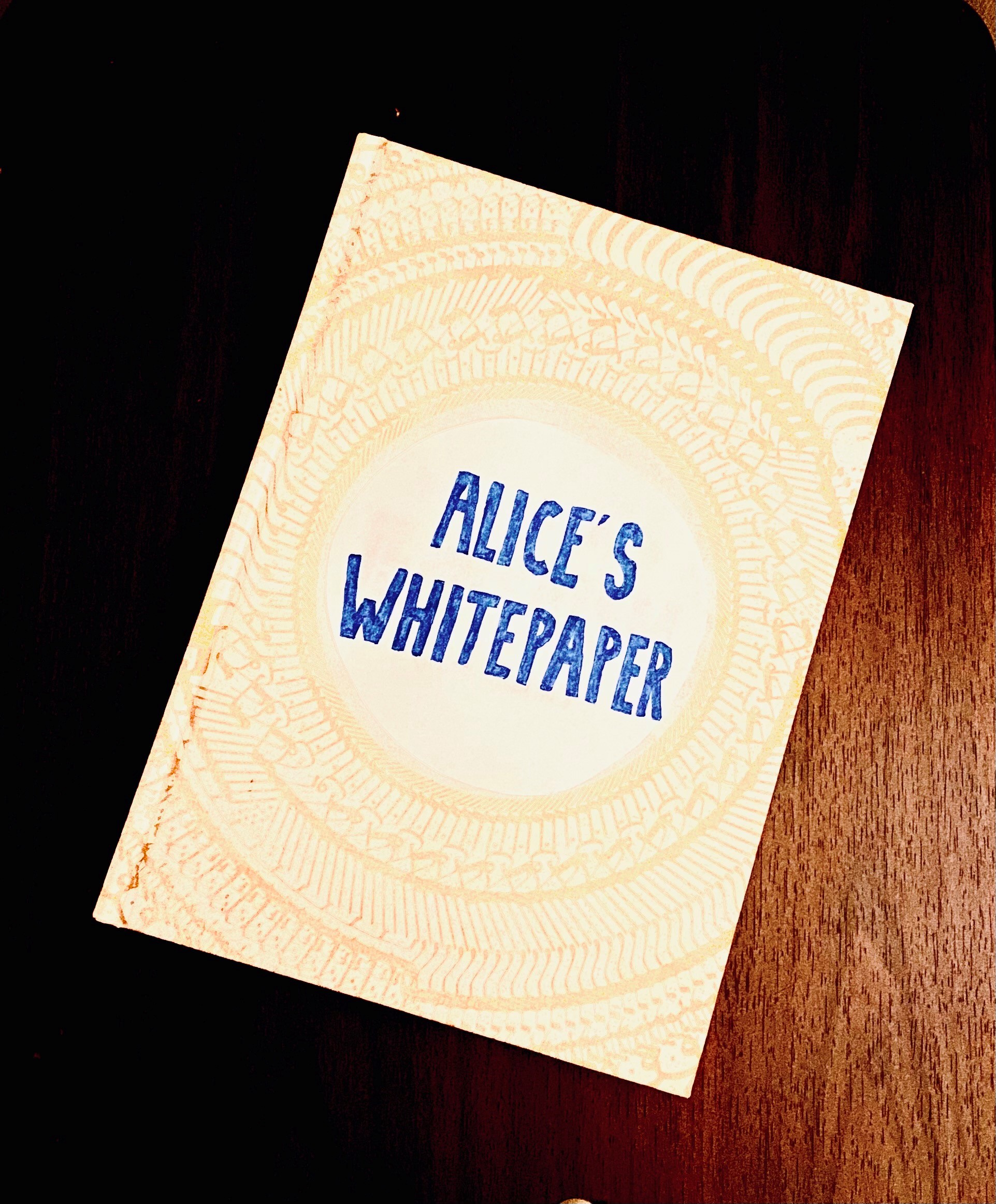On 24 July 2020, ALICE held an interregional conference call. It proved very encouraging for the six partners to regroup and acknowledge how far they had progressed towards ALICE’s objective to improve policy instruments in specific areas of animation, although the work has been affected by the COVID-19 ecosystem.

A. Working Group 2 – Education and Training
ALICE’s record to date on training and education conducted by WG2 is very promising. As the leader of WG2, the Puglia region is now moving forward with the recruitment of audiovisual expert Oronzo Amorosini, a consultant in continuous training and the coordinator of the "Enterprise and Training" working group at the Department of Tourism, Economy of Culture and Territorial Development of Apulia Region. He will help draw up the working plan for future activities, bearing in mind the lessons learnt from animation experts Serge Umé and Jérôme Bétrancourt during #SEM2 (see articles: https://bit.ly/2DWJluP and https://bit.ly/331Nl7N) .
B. Working Group 1 – Legal and Finance
Wallimage updated the partners on the recruitment of the international, Paris-based law firm Taylor Wessing to advise on legal and finance matters. The WG1 will work on the basis of three case studies to explore the legal or financial obstacles to overcome in order to smooth interregional collaborations and draft concrete recommendations to facilitate talent mobility and interregional teamwork.
The first case study is a project co-produced by Dreamwall in Wallonia and MadLab in Hauts-de-France, two studios owned by the Media Participations group, which Wallimage and Pictanovo e-met in June 2020. The discussions notably highlighted the need for the creation of a development fund enabling regional studios to capture European projects in early development, which also seems relevant from a lawyers’ perspective (see article: https://bit.ly/2Ckqk4X).
The second case study is the Catalan/French/Belgium successful co-production called JOSEP. Through the study of the making of JOSEP, ALICE intends to identify the funding challenges related to the nationality of a film, and to propose eligibility criteria allowing multi-regional productions to access easily to regional and tax credit funding. As Catalonia’s Minister of Culture is aware of the problem and open to solving it, ALICE Catalan partner PROA has already prepared a legal document focused on animated films designed to facilitate international collaboration on co-productions. The nationality of films is a timely issue that was addressed in the European Audiovisual Observatory publication dated 22 July 2020, which opens up opportunities for ALICE to bring the discussion to the European level.
On a complimentary note, ALICE’s Slovakian and Catalonian partners indicated their on-going industry mapping work is progressing well. The first results have been computed in a document that will serve as a basis to involve the other partners and start integrating in their inputs in the fall.
3. Stakeholders’ meetings
Five of ALICE’s six partners have managed to organize their second stakeholders’ meetings amid COVID-19, using virtual tools and adapting their agendas to reflect the current preoccupations and concerns of the local industry players. Regional industries are slowly settling into working remotely. This pattern is likely to last even once the pandemic is over, though physical presence at workplaces will remain necessary to accomplish tasks involving specific technologies or close management, and return to a pre-crisis level of productivity (see article: https://bit.ly/3fniOnE).
Yet, all the partners recognized that the coronavirus outbreak had impacted the scope of these meetings, both in terms of participant number and in terms of the ability to bring in industry influencers and media that would raise awareness and bring the project to the next level. Should restrictions continue during SEM3, preventing IRM2 from happening physically on the occasion of Cartoon 360 in Lille, the partners will invite all the stakeholders to a general webinar to present ALICE’s initial conclusions and start co-building the final action plan. With the potential new flexibility offered by the Interreg program, ALICE partners remain confident they can continue to offer their stakeholders productive, inter-territorial networking opportunities, efficiently promote the project, and strategically navigate the present and post-COVID19 world.
Meanwhile, ALICE’s next meetings scheduled in Bratislava (WG3, Oct 8-9), the Puglia region (end of October, WG2) and in Lille, France (IRM2, Nov. 14-17) will go forward. The month of September will tell how the project can move on, from a practical standpoint. Reflections will also focus on how to remain faithful to the project’s objectives in the disrupted market environment. One thing is for sure: sharing experiences and learning from other Interreg projects will be more than ever useful.




